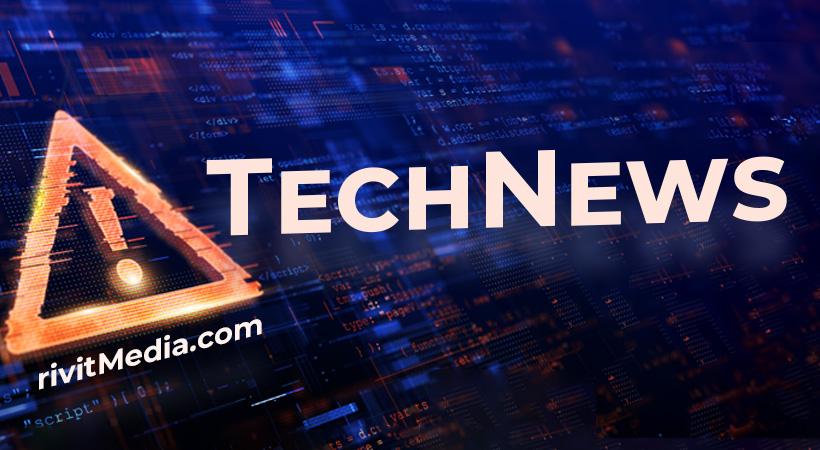COVID-19 led the healthcare sector to the forefront of cyber-security in 2020, but in 2021 the dangers are likely to continue and evolve. Threats from nation-states have been rising as the race to develop a vaccine for COVID had multiple implications globally.
The global supply chain for vaccines ranges from factories in one country to Internet-connected refrigeration facilities in another. This also creates new pressure on doctors’ surgeries, IT systems, and individual providers who play a critical role in curing the sick. According to IBM, suspected state-hackers target the “cold chain” used to keep supplies at the right temperature during transportation.
In July of 2020, the UK accused Russian intelligence of targeting vaccine research, while the US has accused Chinese hackers of similar activity. So-called “vaccine nationalism” has led intelligence and security officials to raise questions over whether some countries could try and undermine others’ efforts to combat the global pandemic.
One potential tactic is the deliberate spread of misinformation online about vaccinations or questioning an individual country’s safety and testing record. The UK Army’s 77th Brigade is involved in a Cabinet Office investigation into whether foreign states are driving anti-vaccine fears within the UK.
But despite concerns about nation-states, experts say, criminal ransomware remains the more serious and persistent threat. A recent report from security firm Positive Technologies states that half of all the cyber-attacks on healthcare were attributable to ransomware in the July-to-September quarter of 2020.
Unfortunately, US hospitals have been worse hit than hospitals in the UK. The reason is thought to be that criminals see them as richer than their NHS counterparts. In October, six American hospitals received ransom demands of at least $1m, leading to some cancer treatments being canceled.
The UK has made major strides to fix the weaknesses in the NHS systems exposed by 2017’s Wannacry ransomware attack. But unfortunately, they have still found themselves victimized at times. The pandemic rages on is another sign that the cyber-security of health is likely to be on the front line in 2021.
COVID Threats





